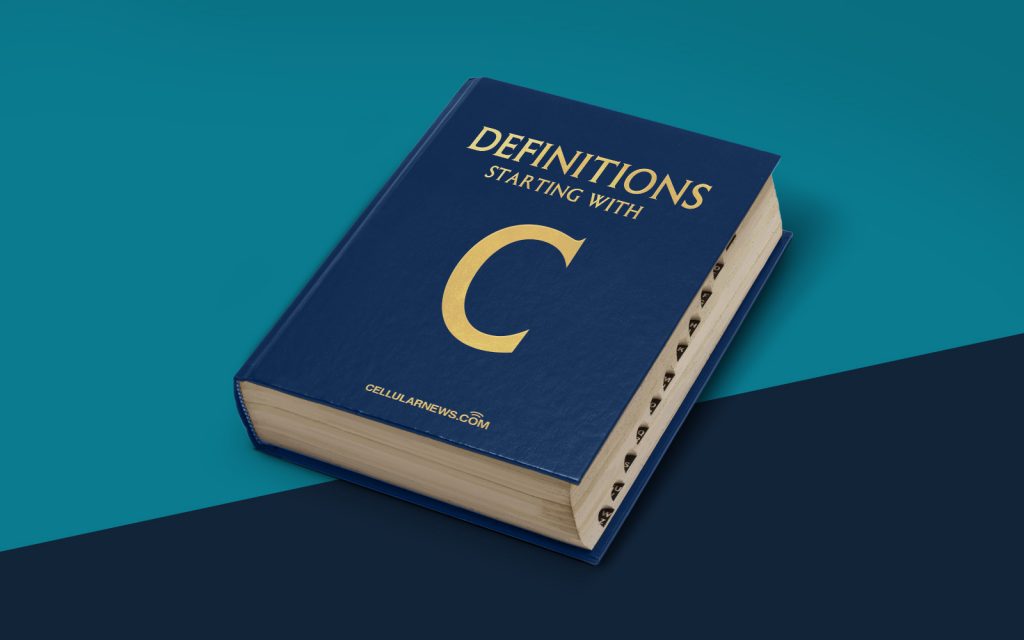
What is the Children’s Internet Protection Act (CIPA)?
Welcome to the “DEFINITIONS” category of our page! In this section, we explore and explain various terms and concepts related to digital safety and technology. Today, we’re diving into the Children’s Internet Protection Act (CIPA), a crucial piece of legislation that aims to protect young users online. So, what exactly is CIPA and what does it mean for children and schools? Let’s find out!
Key Takeaways:
- The Children’s Internet Protection Act (CIPA) is a law enacted by the United States Congress in 2000 to safeguard minors from inappropriate internet content.
- CIPA requires schools and libraries that receive federal funding to implement internet filtering and have policies in place to educate minors about online safety.
Understanding the Children’s Internet Protection Act
Imagine a world where children could freely access any online content without any protection or restrictions. In such a scenario, they would be exposed to potentially harmful material, including explicit content, violence, or other inappropriate content. This is where the Children’s Internet Protection Act, commonly known as CIPA, comes into play.
The Children’s Internet Protection Act, enacted by the United States Congress in 2000, is a piece of legislation that aims to provide safeguards for minors using the internet. The primary objective of CIPA is to protect children from accessing inappropriate material that may be harmful or unsuitable for their age group.
CIPA applies to schools and libraries that receive discounted rates for internet access or certain federal funding, including the E-rate program. These institutions are required to comply with CIPA regulations as a condition for receiving these benefits. By implementing internet filtering software and developing appropriate internet safety policies, schools and libraries can ensure a safer online environment for children.
One of the key provisions of CIPA is the mandatory use of internet filters to block or restrict access to obscene, pornographic, or harmful content. These filters are designed to identify and block websites or online materials that are considered inappropriate for minors. By employing these filters, educational institutions can create a protective barrier between children and potentially harmful online content.
In addition to internet filtering, CIPA also requires schools and libraries to educate minors about appropriate online behavior, cyberbullying, social networking safety, and the potential risks associated with the internet. By promoting digital literacy and providing educational resources and training, institutions can empower young users to navigate the online world responsibly.
The Children’s Internet Protection Act has played a significant role in enhancing the safety of children online. By imposing obligations on schools and libraries to implement internet filtering and education programs, CIPA ensures that young internet users are protected from potential dangers. So, the next time you hear the term CIPA, you’ll know that it represents a crucial effort to keep our children safe in the digital realm.
Key Takeaways:
- The Children’s Internet Protection Act (CIPA) is a law enacted by the United States Congress in 2000 to safeguard minors from inappropriate internet content.
- CIPA requires schools and libraries that receive federal funding to implement internet filtering and have policies in place to educate minors about online safety.
